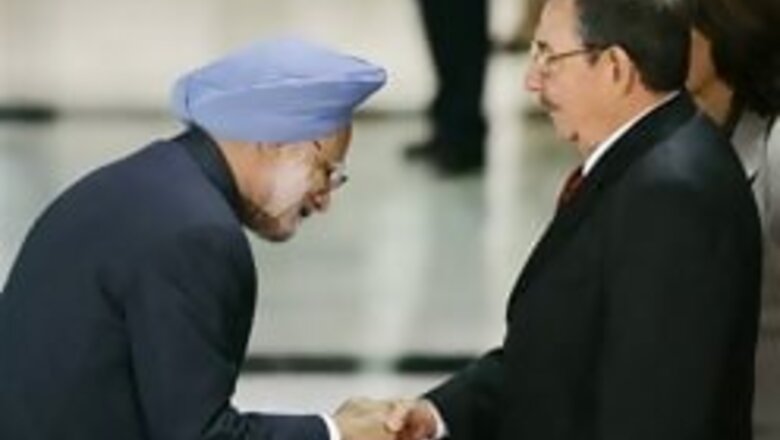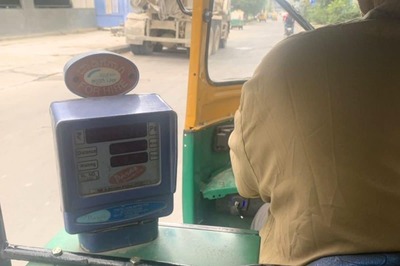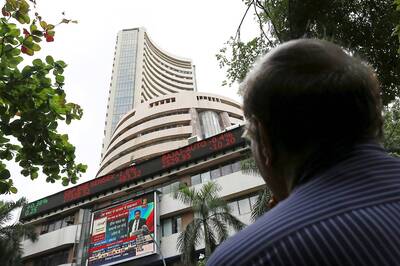
views
Havana: Leaders of 118 nations comprising the Non-Aligned Movement (NAM) Friday began a two-day summit meeting in this sun-soaked Cuban capital but without the charismatic presence of President Fidel Castro, who is said to be recuperating from intestinal surgery he underwent two months ago.
Weeks of speculation, fuelled by a state-controlled media, were finally put to rest when Castro failed to turn up at the inaugural of the summit at the International Convention Center, overlooking the Atlantic Ocean, being held here after 27 years.
This despite the fact that Cuban Foreign Minister Felipe Perez Roque had said that Fidel Castro would head his country's delegation to the summit.
The movement added two new members - Haiti and St Kitts and Nevis - here to take their numbers to 118, representing two-thirds of the 192-strong membership of the United Nations and half the people on the planet.
Malaysian Prime Minister Ahmed Badawi, in his capacity as previous chairman of the NAM, symbolically handed over the chairmanship to Fidel Castro, but it was announced that his brother, Raul Castro, who has been the acting president, would officiate as summit chairman in his absence.
Castro, 80, had been recuperating from surgery following intestinal bleeding in the end of July and since then had not been able to resume his duties.
Diplomatic sources say Castro appears to be still very sick though Raul Castro said last week he is out of bed.
"I don't think he is lying there in bed - he's right there next to the phone, keeping up on cheerfully on everything there's going on," Raul Castro was quoted as saying in Gramma International, the only English language publication here.
Cuba authorities had been hoping he would recover somewhat to make an appearance before such a galaxy of world leaders ranging from Afghanistan to India, from Iran to Zimbabwe, from Lebanon to Singapore.
UN Secretary-General Kofi Annan was also present at the inaugural.
PAGE_BREAK
Indian Prime Minister Manmohan Singh and Pakistan President Pervez Musharraf, who meet here Saturday morning to discuss their stalled peace talks, were both present at the summit inaugural.
So were such colourful figures like Venezuelan President Hugo Chavez, Iranian President Mahmoud Ahmadinejad and South African President Thabo Mbeke.
But Castro's illness, according to one Asian diplomat who did not want to be identified, was "irretrievable".
There had been intense speculation on his presence in the state-controlled media and selected release of his photographs and interviews talking about the relevance of NAM in a build-up to the summit had fuelled speculation that he might make a dramatic appearance, at least at the summit inaugural.
Havana last hosted the NAM summit in 1979 that was presided over by Fidel Castro.
Castro, who had attended the 1983 New Delhi NAM summit - images of his affectionate bear hug of then prime minister Indira Gandhi are still imprinted in public memory - has been in power in this Communist nation since 1959, when he overthrew the Batista regime.
Since then, the romantic revolutionary of the 1950s had acquired a larger than life figure because of his brazen defiance of the United States that had, on one hand, placed his country under sanctions and prevented it from entering global markets, but on the other had made him an icon of leftist ideologues and a flag bearer of anti-American leaders of Latin America and in other parts of the world.
The junior Castro, who is 75, has always been known to be an ideological hardliner as he had embraced Communism much before his elder brother did, spoiling Fidel Castro's early relations with the US. It is said that the pro-Soviet, anti-US tilt to Cuba's foreign policy was influenced by Raul.
In his inaugural address at the NAM summit, that marked the first time he has made an appearance at a major international gathering, Raul Castro regretted that NAM was "not the decisive force" it could be and said most of these countries represented here were "possible targets of future attacks" by the United States.
He said Cuba rejected the "dangerous US doctrine of the 'preventive' use of nuclear weapons" and supported Iran's right to peaceful use of nuclear energy.


















Comments
0 comment